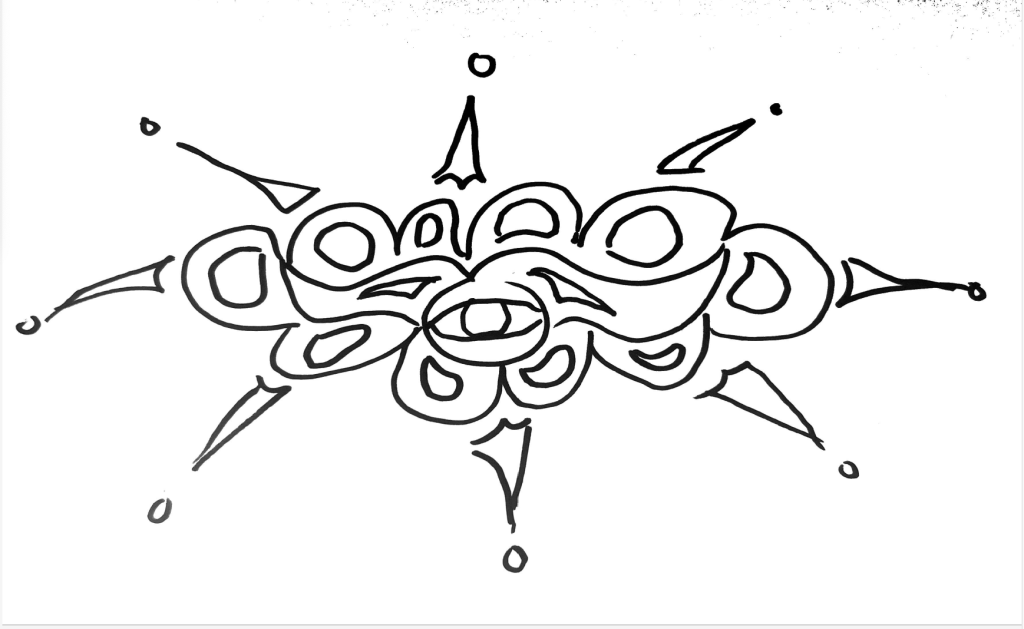Books:
Lost Signal (Palimpsest Press, forthcoming, 2025)
In the Vicinity of Riches (icehouse poetry, 2020)
Jonas in Frames (Goose Lane Editions, 2014)
A Brief History of the Short-lived (Nightwood Editions, 2012)

with Catherine Owen
The Southeast Review
The Coastal Spectator
The Town Crier
rob mclennan’s blog
The Front Row
Hutchinson’s thrilling, kaleidoscopic speed of associations mirrors the human present, while momentary but constantly recurring oases of loveliness signal a different possibility, perhaps beyond our grasp: renewed freshness, the seed of an answer to what “I fear most—to never stop / wondering whether there’s time left / to stop. To start over again.” A reader who meets these superb poems will join in an adventure of keeping alive the hunger for transformation.
Praise for In the Vicinity of Riches
“It’s hard to meet the world exactly where it is,” writes Hutchinson. And, yet, this is precisely what these poems do, over and over again. The poet strikes a balance between the homicidal and the hopeful, and he does so with the raw vulnerability of one for whom the shadows are a kind of illumination. There is a dogged, relentless love at the heart of this work. In a far from perfect world, one gets the sense that this poet trusts poetry – not to show us the way, but to sit with us in solitary rooms.
Praise for In the Vicinity of Riches
Hutchinson refuses to turn away from our present disaster, aware it has been with us for centuries. This world looks a lot like what exists outside our door, yet colored with the imagination of a Wallace Stevens, and the urgency of a Jorie Graham. At one point Hutchinson admits that he likes “the feeling of having no feelings,” only to implore a few pages later “show me how to feel.” Live in this world and find a way forward.
Praise for In the Vicinity of Riches
Hutchinson grounds the prose with . . . musicality and swiftness. This swiftness creates a narration that isn’t just a story, but a full-on twenty-first century research experiment: breaking down the not-quite everyman. Jonas may be episodically framed, but his story is fully Generation Y.
Praise for Jonas in Frames
— Dorothy Chan, Hayden’s Ferry Review
If we are to take contemporary writing at its word, then Chris Hutchinson is among its foremost practitioners, forsaking the certainties of space, time and locus for that collective unconscious known as the Internet. This is fleet-of-foot, informed writing — tomorrow’s writing today.
Praise for Jonas in Frames
Hutchinson’s poems read as though written by a benign, alien intelligence: different from our own, faraway, yet nonetheless in awe of what it best understands. If we don’t tune-in to these wonderful, unexpected frequencies, then we are probably doomed.
Praise for A Brief History of the Short-lived
What Hutchinson has in abundance is an energy and talent willing to go to the end of his obsessions.
Praise for A Brief History of the Short-lived
— Nick Thran, Event Magazine
Each poem here is an incredibly crafted, often beautiful abstraction of an idea and/or artistic premise, and the book’s range of historical influences and references is staggering.
Praise for Other People’s Lives
Hutchinson’s poetic project is not only to encapsulate the everyday in words, but also to use words to draw attention to that which exists outside of language. It is this subtlety, along with a keen sense of irony, that allows Hutchinson to examine nothing less than the human condition.
Praise for Unfamiliar Weather
— Alison Pick, Globe and Mail
